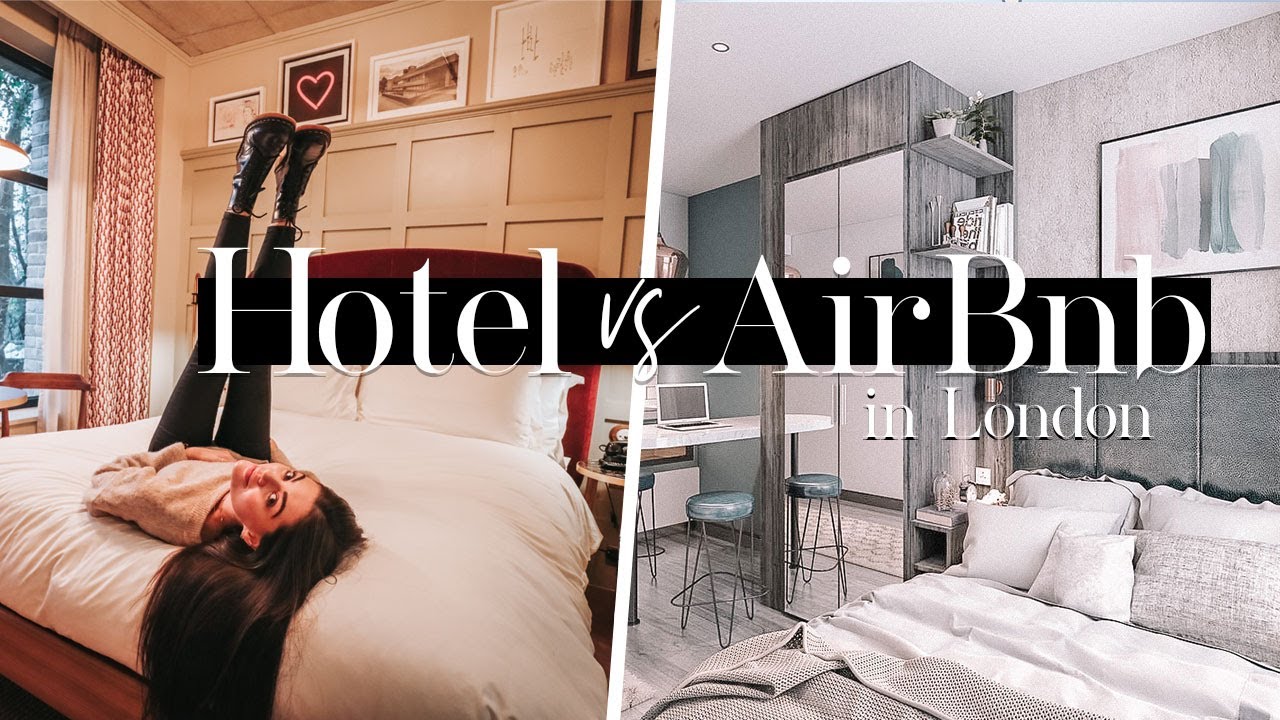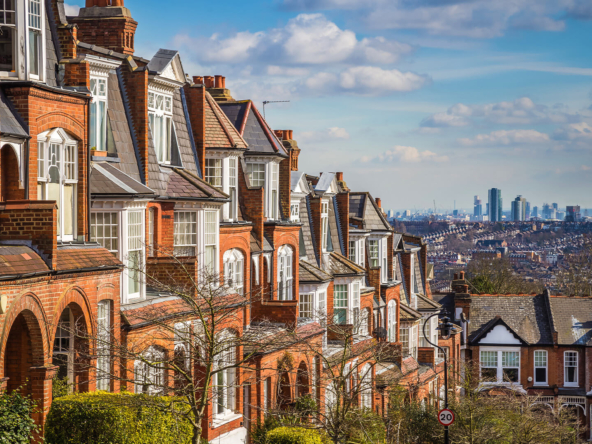Are you considering renting out your property in London for short-term stays on Airbnb? Then it’s important to learn more about the 90-Day Airbnb Rule. Established in 2017, this rule sets a cap of 90 days per year for “entire home” listings in Greater London.
In this article, we will answer the most common questions about the 90-day limit from London homeowners and hosts. We will explain the reasons behind its introduction and how Smarthost can assist you in managing this rule while optimising your rental income.
What is the Airbnb 90-day rule?
This rule means you can only rent out your entire home for 90 occupied nights in a calendar year within Greater London. Whether you use those 90 days in a row or spread them throughout the year doesn’t matter – once you hit that limit, Airbnb will automatically block new bookings for your property for the rest of the year.
What happens when the 90-day limit has been reached?
Once your limit has been reached, Airbnb will automatically stop accepting bookings for the rest of the calendar year. You can keep track of this through a counter on your ‘Airbnb Manage Listing’ page, showing the number of nights booked. This counter resets with the start of every new calendar year.
Is renting past 90 days possible with approval?
If you have permission to host beyond the 90-day limit, you can ask Airbnb not to apply the 90-day rule to your property, and they will accordingly remove the limit.
In which cities does the 90-day Airbnb rule apply?
The 90-day Airbnb rule applies to all ‘entire home’ listings in Greater London. Currently, no other cities have this limit, but discussions are ongoing about extending the rule to other major cities. Landlords with properties in other areas would benefit from reading Airbnb’s advice on responsible hosting to stay informed of any future changes.
Why does the Airbnb 90-day rule exist?
In January 2017, Airbnb introduced a regulation in Greater London to make short-term rentals and holiday stays legitimate. Before this, homeowners often had to obtain planning permission from the local council, which was quite challenging.
However, the rise of the sharing economy and the growing popularity of platforms like Airbnb brought about a thriving global home-sharing industry. Recognising the positive impact of this industry on homeowners, guests, and local economies, the Deregulation Act 2015 was established to ease the previous rules.
What are the pros and cons of the 90-day Airbnb rule?
Pros:
- It ensures a responsible and sustainable housing supply for both short and long-term lets in London.
- The economy benefits from extra tourism.
- Councils and communities gain a sense of control over what’s happening in the area.
- It allows homeowners to rent out their space with less stress (ie. no planning permission for short lets).
Cons:
- Homeowners may want to rent their property out for longer than 90 days.
- A higher turnover of guests or those staying for shorter periods could result in guests not being compliant with house rules.
- Guests staying on a short-term basis may not be respectful of the local community.
Is there a way to avoid the 90-day Airbnb rule in London
Sorry, there’s no getting around London’s 90-day Airbnb limit, but instead of seeing this as a limitation, consider it an opportunity to diversify and maximise your rental income. At Elev8, we’re all about turning challenges into profitable solutions
Elev8’s Insight on the 90-Day Cap
At Elev8, we recognize the significance of regulations such as the Airbnb 90-day rule in promoting responsible hosting. Nonetheless, we acknowledge the potential sense of limitation it may impose, particularly when contrasted with more flexible regulations in places like France, where the annual cap extends to 120 days. This is why we’ve devised a nuanced approach to assist you in managing this issue.
Our strategy involves adopting a hybrid letting model that incorporates both short-term and mid-term rentals. Based on our findings, this rental approach not only ensures compliance with legal parameters but also maximizes the revenue prospects of your property.
Elev8’s strategy to maximising earnings while respecting the 90-day rule
At Elev8, our commitment lies in offering an innovative and sustainable approach to home-sharing. Recognizing the significance of adhering to local regulations, we specialize in assisting property owners in navigating the Airbnb 90-day Rule. Our methodology integrates mid-term and short-term rentals to ensure optimal income generation.
To maximize your property’s value, we diversify your listings across various platforms, including Airbnb, Homelike, and Booking.com. During peak tourist seasons, we focus on holiday rentals to capitalize on premium rates. During slower periods, platforms like Zoopla and Rightmove are utilized to offer stays ranging from 3 to 6 months. For those seeking more conventional arrangements, we also facilitate classic Assured Shorthold Tenancy (AST) contracts.
Adhering to the 90-day rule is paramount for us, guaranteeing full compliance with local regulations. However, this doesn’t entail compromising potential earnings. Our team of experts is poised to develop and manage a flexible letting strategy tailored to your property and adaptable to your financial objectives.
Disclaimer: This article serves as a general overview of key topics pertaining to home sharing and should not be considered as definitive advice. For specific details on local regulations, it is advisable to consult official authority websites or seek professional guidance.





